As established by paragraph 6 of paragraph 5 of the Code of Criminal Procedure,public prosecutor - An employee of the prosecutor’s office, who, on behalf of the state, supports the prosecution in criminal proceedings. The involvement of the prosecutor in the process ensures the implementation of the constitutional requirements on the observance of the proceedings on the basis of the adversarial and equal rights of the parties. 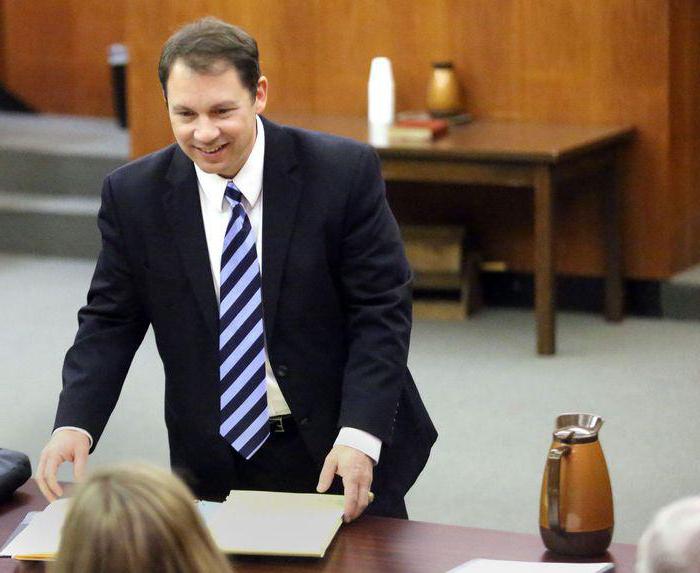
Employee Responsibilities
Position prosecutor in criminal proceedings determined by the need to ensure the rule of law, protection of the freedoms and interests of the individual, society, state. In this regard, employees involved in the production should:
- Strengthen individual responsibility for the correct conclusions on key issues of the criminal process.
- Be guided exclusively by the rule of law.
- Guarantee compliance with procedural and constitutional rights participants in the trial.
- Be active in researching evidence.
- To ensure objectivity in the implementation of the functions of state prosecution, to maintain it to the extent of evidence.
- To raise a question before the court on the adoption of a private ruling when clarifying the circumstances that contributed to the commission of illegal actions, facts of violation of the interests of citizens by investigators / interrogators, etc.
- Respond to violations and gross errors identified during the production by the investigation / inquiry bodies.
AT criminal trial prosecutor participates not on his own, but as a representative of the state. This status imposes special duties on the employee.
Maintenance and refusal of a prosecutor from prosecution in court
CPC clearly regulates the rules for the participation of the prosecutor in criminal proceedings. The main provisions are enshrined in article 246 of the Code.
The prosecutor should be guided by the principle of objectivity in maintaining the prosecution. His actions should be aimed at identifying circumstances, not only incriminating, but also acquitting the defendant.
Prosecutor as a public prosecutor acts as an independent procedural entity. Accordingly, his position is not associated with the findings of the indictment or opinion. The employee should support the accusation to the best of his knowledge. He needs to verify the sufficiency of the materials presented to convict the defendant.
If in the course of the proceedings it is revealed that the evidence against the defendant is not supported by evidence, a motivated prosecutor's refusal. This action entails the cessation of proceedings or prosecution in full or in the corresponding part on the grounds fixed in Articles 24 and 27 of the Code of Criminal Procedure. 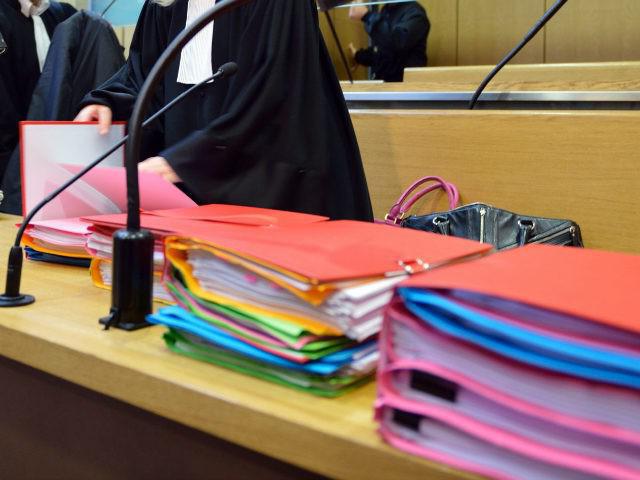
Key elements of failure
Denial of prosecution by court First of all, it means the denial by employees of its validity and legality. Accordingly, the indictment of a citizen is terminated. Denial is expressed in public speaking - statement of the prosecutor in court.
Given the above, we can give a general definition of the procedural action. Prosecutor's refusal of charge It is a statement made by the state prosecutor at a court session expressing the employee’s negative attitude to the prosecution in the form of a denial of its validity and legality, motivating the impossibility of maintaining against a specific subject, reporting the termination of (partial / full) indictment.
Important point
Prosecutor's refusal of charge fully consistent with the appointment of criminal proceedings. In this regard, many experts negatively assess the behavior of some employees trying to evade this procedural action. In practice, in particular, there are cases when officials file requests for the return of materials to the prosecutor in order to eliminate violations allegedly not related to the incompleteness of the investigation.
Such behavior is considered unlawful, and the relevant decisions of prosecutors are unlawful and directly contrary to the requirements of part 7 of article 246 of the CPC.
Consequences of a procedural action
Firstly, it changes the attitude towards the defendant. Court and others participants in the trial after this action is taken, it is necessary to treat the citizen as innocent.
The current legislation allows 2 forms of refusal: partial and full. In the latter case, there is substantive denial of the entire charge. As a result, measures to uphold the indictment cease. Partial prosecutor's refusal involves the denial of a certain component of the evidence base. The activity of upholding the position in court continues, but its scope is being reduced. In this case, the prosecutor:
- Denies the unconfirmed portion of the charge.
- Formulates the thesis of the remaining part and supports it.
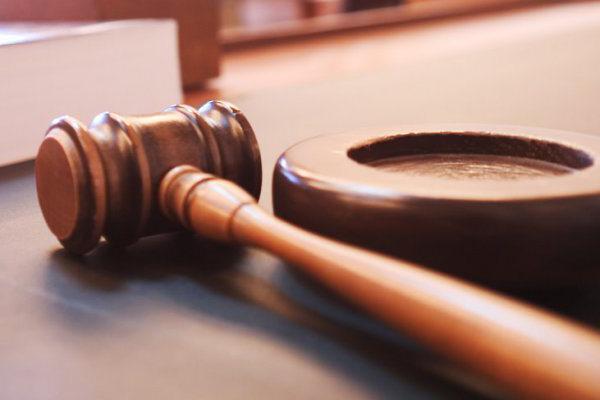
Partial failure features
The criminal procedure provides for the possibility of mitigating the charges. It must be distinguished from partial failure. Mitigation involves:
- Exclusion of aggravating circumstances from the composition of the act.
- The exclusion of references to the rule of law, the violation of which was imputed in the conclusion or act, if the crime is provided for under another article of the Criminal Code.
- Re-qualification of an infringement in accordance with the criminal norm establishing a milder sanction.
With a partial refusal of the charge, there is a reduction in the substantive component, a denial of certain aspects of the alleged crime. When mitigating, on the contrary, the material and legal element and the amount of the alleged offense remain unchanged, and the legal assessment of the defendant’s behavior is adjusted.
Grounds
The prosecutor has the right refuse the charge if the assessment of the evidence obtained during the investigation turned out to be erroneous, or in the course of the judicial investigation information was received refuting the charge.
The grounds for the employee's refusal are divided, depending on the reasons for the termination of the prosecution and the proceedings, into non-rehabilitating and rehabilitating ones. In the latter case, there is a refusal due to the absence of a crime event or signs of corpus delicti in the behavior of the defendant. All other grounds are considered non-rehabilitating. 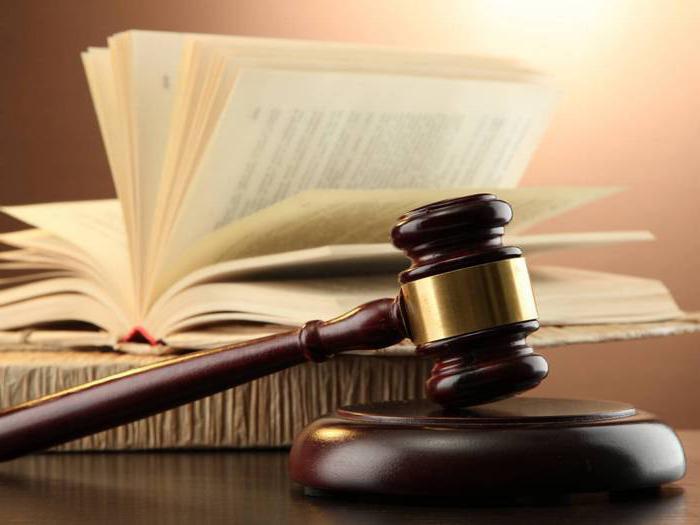
In some legal publications, circumstances are assigned to a separate category that oblige an employee to refuse state prosecution. These are, in particular, factors indicating the absence of prerequisites for the continuation of the process. These circumstances include:
- The absence of a complaint from the victim or the reconciliation of the defendant with the victim in the framework of private prosecution cases.
- The presence of a verdict against the defendant on the same charge or a court decision to terminate proceedings on the same basis. These decisions must be effective.
- Existence of the unanswered decision of the investigator / inquiry officer to dismiss the case on the same charge.
Mandatory Requirements
By order of the Prosecutor General of November 13, 2000 No. 141, a number of duties were established for employees of the prosecution authorities who are participants in criminal proceedings.
In case of a radical discrepancy between the position of the public prosecutor and the content of the act / opinion, the prosecutor is obliged to immediately notify the employee who approved the specified document.At the same time, employees should take concerted measures to ensure the legal validity of court appeals on the prosecution side and to exclude any influence on the procedural independence of the state prosecutor.
This requirement implies that the waiver of the charge must be agreed with the territorial prosecutor or a person equivalent to him. However, this rule does not indicate the existence of a relationship between the positions of the prosecutor and the prosecutor who approved the conclusion / act. State Prosecutor - independent criminal participant.
Procedural difficulties
According to many lawyers, the approach provided for by Part 7 of Article 246 of the Code of Criminal Procedure can be considered quite logical and democratic: the state, in the person of an authorized person, refuses to charge, as a result of which the court terminates the proceedings.
However, issues arise that are not resolved by the Code. For example, can a verdict be appealed by a prosecutor who does not agree with the position of the state prosecutor? How will a victim who protests against a court decision resulting from a refusal of prosecution exercise their rights?
The pre-trial stages of the process allow the prosecution, in particular the public prosecutor, to abandon the claims against the suspect. According to lawyers, since the case went to court, the authority considering it should be able to make an independent decision in accordance with the results of the judicial investigation. After all, no one’s opinion can influence the decision and determine it. Otherwise, the principle of court independence will not be implemented. This, in turn, is not consistent with the purpose of the proceedings. 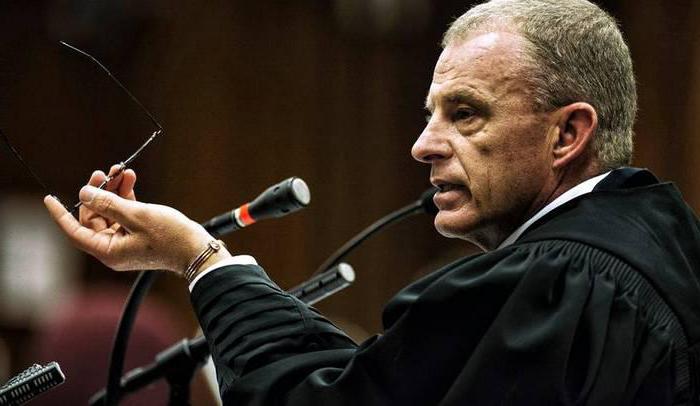
What should I do if the opinion of the court does not coincide with the position of the prosecution, given that the latter can be caused by both objective results of the proceedings and a subjective assessment of evidence? According to some experts, the court should formulate its findings in a separate procedural document, regardless, but taking into account the position of the prosecutor.
The interests of the victim
They turn out to be substantially infringed upon the refusal of the prosecutor (even partial) from the prosecution. The victim, according to the provisions of the law, has the right to support the prosecution together with the official. But if the latter refuses, the production ceases regardless of the will of the victim of the crime. As practice shows, the prosecutor does not coordinate his actions with the victim and often does not even notify him about them.
In fact, the law deprives the victim of the crime of the opportunity to defend his own interests.
Sun explanations
By plenary decision No. 1 of March 5, 2004, the court confirmed that a partial / full refusal of the prosecution during the trial, its mitigation, predetermines a decision in accordance with the opinion of the state prosecutor. This is due to the fact that criminal proceedings are based on the principle of equality and competition, and the formulation and maintenance of the charge is provided by the state prosecutor. As can be seen, in the explanations of the Plenum nothing was said about the interests of the victim.
In the same ruling, the court indicates that the state prosecutor, guided by the law, is obliged to state the reasons for his refusal or mitigation of the charge, citing the relevant rules of law. The institution considering the case, in turn, is obliged to study the opinion of the prosecutor at a meeting, including within judicial debate. The results of the discussion of the position of the state prosecution should be reflected in the minutes of the meeting. In addition, the decision clarifies that a decision made in connection with a refusal of a charge or its mitigation may be appealed by the parties to the proceedings. 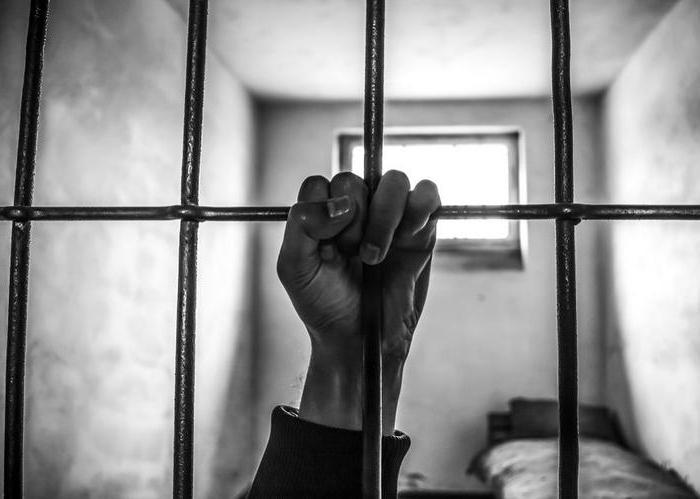
As follows from the above information, the victim has only one opportunity to protect his interests - to challenge the judicial act.However, in practice, neither the judicial debate nor the subsequent appeal of the decision changes the position of the victim of the crime, and the interests of the victim remain violated.
Possible solution to the problem
You can try to find a way out of this situation by referring to the provision present in the decision of the Constitutional Court No. 18 of December 8. 2003. The operative part of the document says that a decision based on the position of the state prosecutor is allowed only upon completion of the study of production materials and hearing the views of the parties. Based on this provision, the court does not have the right to dismiss the case until the materials are fully investigated and the position of the participants in the meeting is expressed.
According to lawyers, such an approach would allow us to find the right approach that meets the principles of competition and independence of the judiciary.
The Constitutional Court unequivocally indicates that the actions of the prosecutor aimed at refusing the charge or changing it in a favorable direction for the defendant can be carried out exclusively after a thorough study of all the evidence presented (that is, after the judicial investigation) and hearing the opinions of the other participants, including and after the conclusion of the debate.
Procedural design
The legislation provides that in the event of refusal of the prosecution, proceedings or prosecutions of a citizen must be terminated on appropriate grounds, as a result of which a decision (determination) is made. Some lawyers believe this approach is not entirely true.
Since the refusal for rehabilitative motives is declared at the end of the proceedings, it is more advisable for the court to agree with it not by definition, but by decision (acquittal), indicating it in the descriptive and motivating part.
If the procedural action of the prosecutor is due to non-rehabilitating ("technical") grounds, in this case the court may terminate the proceedings / prosecution by its decision (determination). 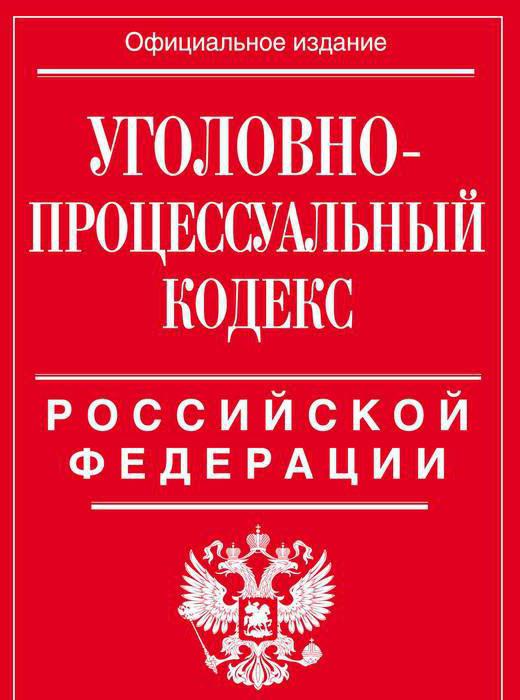
It should be borne in mind that the termination of the case does not impede the further presentation and consideration of the claim in the framework of civil proceedings.
Art. 24 CPC
According to the norm, the case should be terminated when:
- The absence of a crime event or of an offense in the actions of a person.
- Establishment of the death of the accused / suspect. An exception is production aimed at the rehabilitation of the deceased.
- The absence of a victim's statement if proceedings are to be instituted on the basis of this document. Exceptions are provided in 4 parts 20 of the article of the CPC.
- The absence of a judicial opinion on the presence of signs of encroachment in the actions of one of the entities referred to in paragraphs 2, 2.1 of paragraph 1 of 448 of the Code, or the consent of the Federation Council, the State Duma, the qualification judicial collegium to initiate a case / bring one of the persons present in the status of the accused the list of paragraph. 1, 3-5 hours. 1 Article. 448.
The termination of the case is carried out by the investigator on the basis of the decision of the prosecutor. The investigator draws up a procedural document, which indicates:
- Date and place of removal.
- Position, F.I.O. of the person who issued it.
- Grounds for initiating proceedings with links to specific articles of the Criminal Code.
- The results of the investigation, indicating information about the citizens in respect of whom it was conducted.
- Preventive measures applied to persons.
- References to the rules on the basis of which the case is terminated.
- The decision to abolish preventive and security measures.
- Information about the fate of material evidence.
- Rules of appeal of the decision.
A copy of the document is sent to the prosecutor, with the exception of cases established by Art. 25.1 Code of Criminal Procedure.